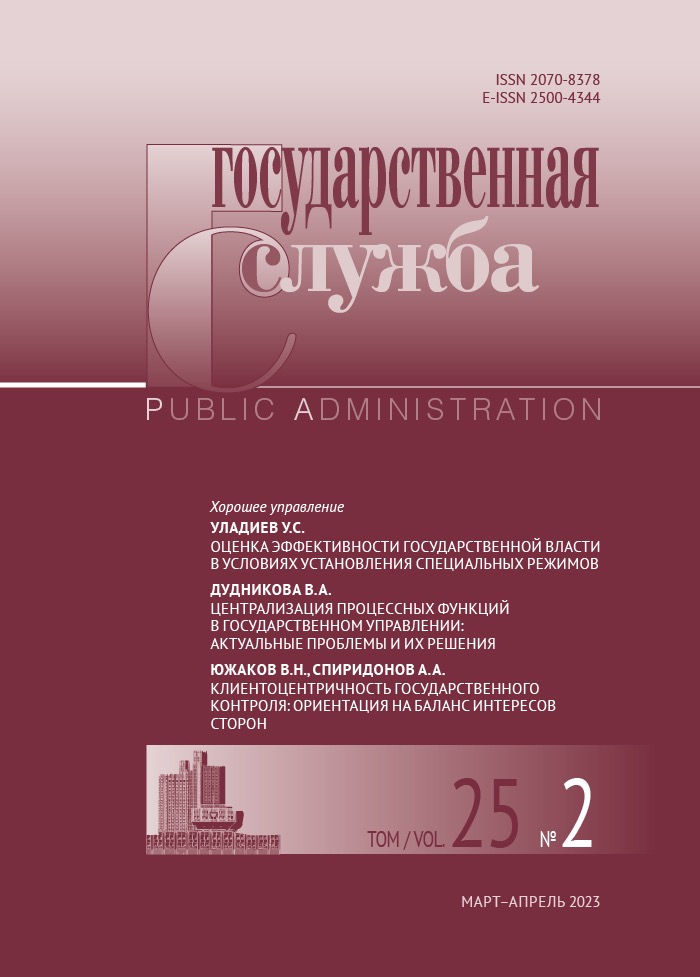Recommended link to article:
Nikita S. Filatovа
аDesign Bureau «Elektronika» LLC
DOI: 10.22394/2070-8378-2023-25-2-61-74
Abstract:
In this research paper the question ‘Do hedge funds with a high incentive fee really outperform hedge funds with a below average or low incentive fee?’ is answered by carrying out author’s own regression on historical data and the variables that may explain the outcomes in this question. The author also considers academic researches to support the findings and add additional explanations to the outcome. Aside from testing whether hedge funds with high incentive- and management fees really outperform the hedge funds with low incentive- and management fees, the author also assesses whether they will offer better diversification benefits in times of need by looking at the correlation during a crisis period. In order to come to the article’s conclusion, the author answers the following questions: what relation does the fee-structure have to absolute returns, what relation does the fee-structure have to risk-adjusted returns, does paying higher fees mean better diversification benefits. This topic is relevant since many investors started questioning the benefit of investing their money in hedge funds because of poor performance of the hedge fund industry.
Keywords:
hedge funds, fees, performance, benefits, diversification
Received:
April 10, 2023
References:
Ackermann C., McEnally R., Ravenscraft D. The Performance of Hedge Funds: Risk, Return, and Incentives. The Journal of Finance. 1999. No. 54(3). P. 833–874. In English
Admati, A., Pfleiderer P. Does It All Add Up? Benchmarks and the Compensation of Active Portfolio Managers. The Journal of Business. 1997. No. 70(3). P. 323-350. In English
Berk J., Green R. Mutual Fund Flows and Performance in Rational Markets. Journal of Political Economy. 2004. No.112(6). P. 1269-1295. In English
Carpenter J. Does Option Compensation Increase Managerial Risk Appetite? The Journal of Finance. 2000. No. 55(5). P. 2311- 2331. In English
Christoffersen S. Why Do Money Fund Managers Voluntarily Waive Their Fees? The Journal of Finance. 2001. No. 56(3). P. 1117- 1140. In English
Dangl T., Wu Y., Zechner J. Market Discipline and Internal Governance in the Mutual Fund Industry. Review of Financial Studies. 2008. No. 21(5). P. 2307-2343. In English
Deuskar P., Wang Z., Wu Y., Nguyen Q. The Dynamics of Hedge Fund Fees. SSRN Electronic Journal. 2011. In English
Drago D., Lazzari V., Navone M. Mutual Fund Incentive Fees: Determinants and Effects. Financial Management. 2010. No.39(1). P. 365-392. In English
Elton E., Gruber M., Blake C. Incentive Fees and Mutual Funds. The Journal of Finance. 2003. No. 58(2). P. 779-804. In English
Fung W., Hsieh D.A. Hedge Fund Benchmarks: Information Content and Biases. Financial Analysts Journal. 2002. No. 58(1). P. 22-34. In English
Goetzmann W., Ingersoll J. Jr., Ross S. High-Water Marks and Hedge Fund Management Contracts. SSRN Electronic Journal. 2001. In English
Golec J. Do Mutual Fund Managers Who Use Incentive Compensation Outperform Those Who Don’t? Financial Analysts Journal. 1988. No. 44(6). P. 75-78. In English
Gompers P., Lerner J. An Analysis of Compensation in the U.S. Venture Capital Partnership. Journal of Financial Economics. 1999. No. 51(1). P. 3-44. In English
Grinblatt M., Titman S. Adverse Risk Incentives and the Design of Performance-Based Contracts. Management Science. 1989. No. 35(7), P. 807-822. In English
Huang J., Liechty J., Rossi M. Return Smoothing and its Implications for Performance Analysis of Hedge Funds. SSRN Electronic Journal. 2009. In English
Jensen M., Meckling W. Theory of the Firm: Managerial Behavior, Agency Costs and Ownership Structure. Journal of Financial Economics. 1976. No. 3(4), P. 305-360. In English
Kahneman D., Tversky, A. Prospect Theory: An Analysis of Decision under Risk. Econometrica. 1979. No. 47(2). P. 263. In English
Khorana A., Servaes H., Tufano P. Mutual Fund Fees Around the World. Review of Financial Studies. 2008. No. 22(3). P. 1279- 1310. In English
Kouwenberg R., Ziemba W. Incentives and Risk Taking in Hedge Funds. Journal of Banking & Finance. 2007. No. 31(11). P. 3291- 3310. In English
Lajbcygier P., Rich J. The Gap between Desert and Entitlement: Performance Fees in Hedge Funds. SSRN Electronic Journal. In English
Panageas S., Westerfield M. High-Water Marks: High Risk Appetites? Convex Compensation, Long Horizons, and Portfolio Choice. The Journal of Finance. 2007. No. 64(1). P. 1-36. In English
Ramadorai T., Streatfield M. Money for Nothing? Understanding Variation in Reported Hedge Fund Fees. SSRN Electronic Journal. 2010. In English
Warner J., Wu J. Why Do Mutual Fund Advisory Contracts Change? Performance, Growth, and Spillover Effects. The Journal of Finance. 2011. No. 66(1). P. 271-306. In English
Yin C. The Optimal Size of Hedge Funds: Conflict between Investors and Fund Managers. The Journal of Finance. 2016. No. 71(4). P. 1857-1894. In English
Articles in Open Access mode are published under the Creative Commons Attribution 4.0 International (CC BY) license.

